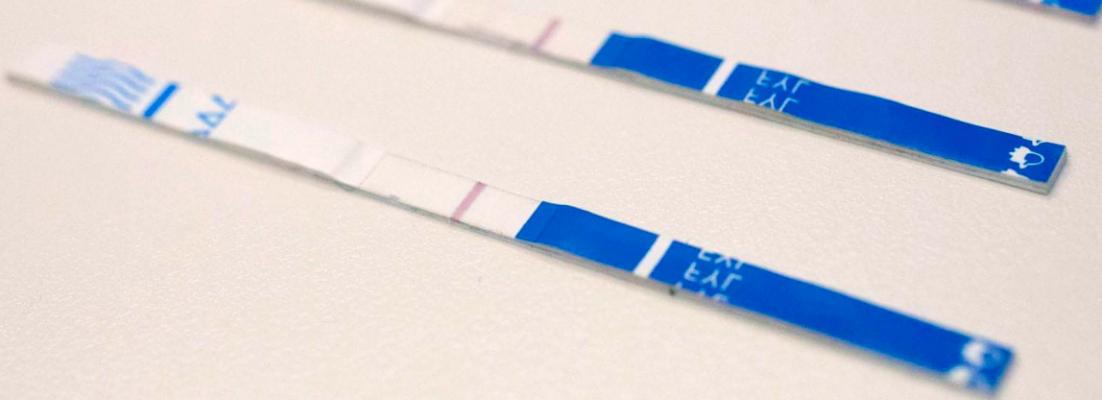Interested in a simple, common-sense way to make street drugs much safer? This would go a long way toward mitigating our misnamed "opioid overdose crisis." Why misnamed? Because it's really an "illicit fentanyl overdose crisis," something that anyone with two functioning neurons has known for years. For those of you who cling to the fallacy that pills like Vicodin and Percocet are killing tens of thousands of people, you should know this: In 2020, illicit fentanyl and its analogs were involved in 83 percent of opioid-related overdose deaths.
It is not pharmaceutical fentanyl – an essential drug – we are talking about. No, these deaths are from illegally synthesized fentanyl which is added to (or substituted for) heroin and other drugs and also used to spike street drugs, like methamphetamine and cocaine. Recently, the DEA issued – years too late – a Public Safety Alert about counterfeit pills containing deadly quantities of illicit fentanyl. This has been known for years. (See a recent article by ACSH advisor Dr. Jeff Singer of the Cato Institute, and my 2019 article "Heroin Pills Are Now A Reality - Is Andrew Kolodny Finally Happy?"). But there is something that could help.

Fentanyl test strips. Photo credit: Columbus Recovery Center
Fentanyl test strips are FDA-approved to detect the drug in urine, for example in emergency rooms. Since fentanyl is, by far, the driver of overdose deaths and fentanyl test strips are known to reduce overdose deaths; you'd think that the government would be passing them out like condoms at a 1970s swingers reunion. But you'd be wrong. In more than 40 states, off-label use of fentanyl test strips is illegal (1). This is because they are considered to be drug paraphernalia.
What is drug paraphernalia?
This depends on your tolerance for variations in the definition of sanity. For example, hypodermic needles are considered to be drug paraphernalia because they can be used to inject drugs. This, at least, makes sense (2). But test strips?
"[Drug paraphernalia includes] testing equipment used, intended for use, or fashioned specifically for use in identifying, or in analyzing the strength, effectiveness or purity of controlled substances."
This is just plain nuts. People use the strips to protect themselves from overdoses due to fentanyl-contaminated drugs, not to get high. Worse still, some of those who need the strips are pain patients who were forced off their medicines and have no viable alternatives to street drugs.
Let's take it a step further. It is only logical that if fentanyl strips are drug paraphernalia because they make taking street drugs safer then Narcan should be too; it can be also used to make shooting up heroin safer. If there's any real difference here please let me know. Yes, Narcan is clearly drug paraphernalia, right?
Let's review:
- The CDC, DEA, and state legislatures combine to impose ridiculous, oppressive regulations on opioid drugs in the (false) hope that this will address the overdose crisis. It does not.
- All this does is drive fentanyl use to new heights resulting in more overdose deaths.
- As if this isn't bad enough, idiotic laws equate needles with the life-saving, accurate strips, which are proven to prevent ####ing overdoses.
If our lawmakers really want to cut back on overdose deaths, they are doing one helluva bad job. Give me any reason why any of this makes sense. I dare you. No, it doesn't, and anyone who has been following this thoroughly bungled opioid saga can be the least bit surprised. Pathetic.
.NOTES:
(1) Dr. Jeffrey Singer, private communication.
(2) The issue of whether government should be handing out clean needles in exchange for used ones to prevent HIV/HCV transmission is a no-brainer to those interested in harm reduction (a big deal at ACSH). Others believe that it is morally wrong for government to be involved at all in this sort of thing or that this practice will lead to more drug use.



